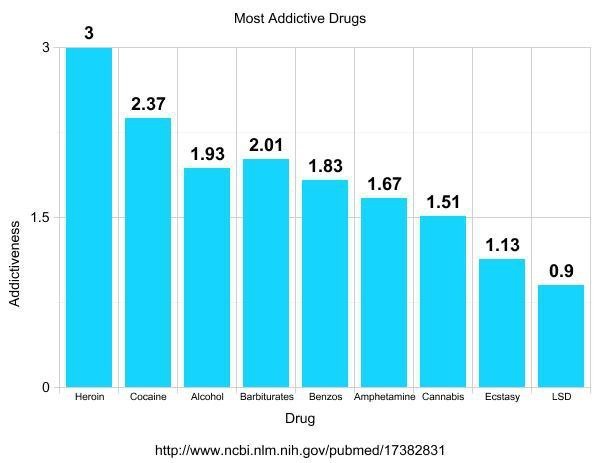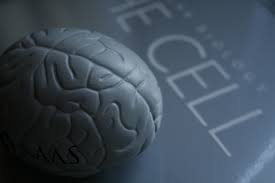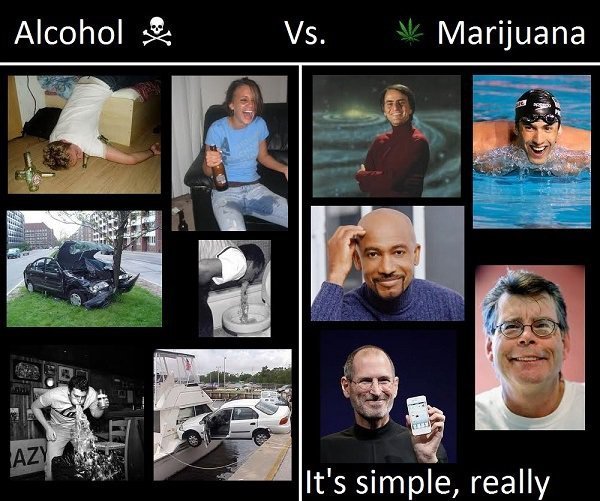There have always been divided sometimes contrasting opinions on the long-standing debate of making a choice between alcohol and marijuana. While the consumption is legalised in some parts of the world, marijuana is the most widespread illegal drug having over 125 million users.
In recent years, governments are taking steps to re-evaluate outdated marijuana laws and as a result of this cannabis is being legalised in many countries. In India, the drug has been associated with mysticism, faith and is entangled with religion. However, narcotic laws in 1986 made the sale consumption and transportation of marijuana illegal in India.
29 years since the ban on weed, the country is now at the heart of the Great Legalisation Movement, calling the government to legalise the use of medical marijuana in India. The first GLM meet was held in April this year in Bangalore. As the cannabis supporters pressurise for the fulfilment of their demands, here’s a re-evaluation of the pros and cons of both weed and alcohol, and the many misconceptions we have about their use:

Which of them is more addictive?
No instance of overdose has ever been reported due to the consumption of marijuana. Though users have complained of lethargy and constipation in some cases, it is in fact one of the least toxic drugs.
In stark contrast, death due to excessive drinking is quite common. If one consumes 10 times his regular amount of alcohol, he/she risks dying. The Centre of Disease Control and prevention (CDC) statistics show that the number of alcohol-related deaths in the USA is above a 100 every day. The statistics say that 37,000 people die in the US alone every year due to excessive use of alcohol.
What’s better is that while we all know the urge for another drink, addiction due to cannabis is rare.

Does marijuana kill your brain cells?
Despite the myth that marijuana causes brain cells to die, it turns out that in reality, it is quite the opposite. Studies indicate that neuro-protective properties are found in weed. A recent study by the Journal of Neurology and Teratology reveals that teenagers using cannabis are able to protect binges of alcohol damage on their systems. Such teenagers show signs of less white blood cell damage as compared to the ones who only drink.

Alcoholics tend to show more signs of depression
Consumers of alcohol are prone to becoming victims of clinical depression. Ailments like psychosis (imagining voices) and dementia (memory loss) are increasingly seen among avid drinkers. An article published by the Royal College of Psychiatrists on the effects of alcohol states that self-harm and suicide are comparatively more common among alcoholics and regular drinkers. They tend to show more signs of depression which is hardly ever.

Medical properties: Marijuana stops cancer to spread, while alcohol is said to increase libido
Craving for one more glass of whiskey never stops at just one. But moderate drinking can have some benefits. An occasional glass of wine or a pint of beer can help in reducing cardio-vascular diseases lengthen life and even increase libido. The problem is that the line of moderation is always overstepped. Marijuana, on the other hand, is known for its medical use. It stops the spread of cancer, increases metabolism, reduces anxiety and slows Alzheimer’s disease. Some say it even helps in increasing creativity.

Other side effects
Last but not the least, marijuana has no hangovers and hours of feeling sick the next morning. A side effect of alcohol is drunken driving. Bar brawls and violent outbursts are not isolated events with heavy consumers of alcohol. On the other hand, how many times have we seen a stoner quarrel?

So, should weed be banned?
The deleterious effects of alcohol cannot be denied. In comparison, the taboo on weed seems to be quite surprising. If health is the primary concern, the choice between the two drugs is clear. However, alcohol is an ingrained part of many societies in the west while the consumption of marijuana is still illegal. Why should the stoner be called a drug addict and alcohol, being the more adverse of the two, be cherished and enjoyed publicly?

















